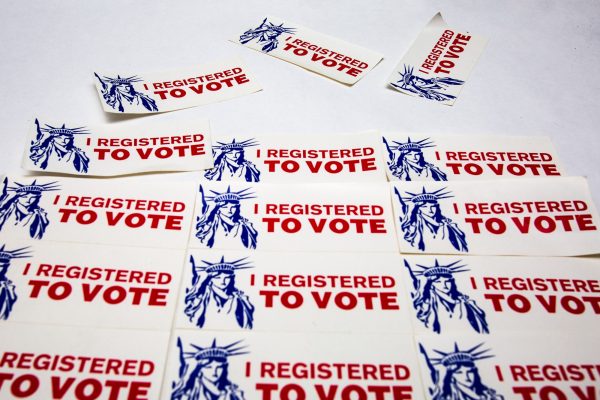Vegan lifestyle is becoming the new normal
What El Camino College knew as “normal” completely changed on March 12, when it was announced that classes would move online due to the coronavirus pandemic.
This change was echoed almost immediately across the entire nation as stay-at-home orders were initiated in several states and counties.
Numerous businesses and schools were forced to shut down their doors to operate only online, and citizens adopted many safety and health-conscious practices.
In addition to the global pandemic, 2020 is on track to being among the top 3 hottest years ever recorded due to the rise of carbon emissions, in addition to places like California, Oregon, and even Australia having all experienced large and disastrous natural wildfires throughout the year.
Our global consciousness is now forever changed from the ongoing pandemic and the current climate crisis, where social interactions from events, activities, and large gatherings are no longer safe to partake in.
Many different forms of safety and health-conscious initiatives will have to remain a priority mainstay in the minds of people even among distribution of a vaccine being readily available in 2021, climate proposal changes, and beyond the pandemic’s current cycle.
In 2020, people in America and all across the world have incorporated masks, social distancing, and a heightened sense of cleanliness just to name a few things; however, another big lifestyle change has taken the world by storm this year: veganism.
In the wake of the pandemic, more and more people are opting to go vegan after researching and learning the direct benefits that veganism has not only for preventing pandemics of this scale, but also how a vegan lifestyle can help with the current climate crisis.
There’s a long storied history between the consumption of meat and rising health concerns both on a global and personal scale. The swine flu and the bird flu come from widely consumed and heavily produced meat sources.
Mega factory farm corporations that house thousands of different animals also provide a breeding grounds for many infectious diseases to form and get passed on from animal-to-animal-to-human contact; the United States has over 25,000 of these locations currently in operation.
Reducing or eliminating meat consumption can help to diminish many reoccurring global issues that come from the link between meat and diseases; it can also provide many personal health benefits.
According to a recent study from Rush University Medical Center cardiologist Jeffrey Soble, a proper vegan diet can help lower the risk of heart disease, diabetes, and cancer, in addition to helping with weight loss; whereas meat and junk food consumption is much more likely to help increase these risks.
The amount of resources required to raise and care for cattle and other livestock animals is enormous; millions of acres of natural land is sacrificed and turned in farmland fields, which is a process that requires numerous toxic chemicals to be used which in turn releases into the atmosphere. Cattle also release their own natural methane gases into the atmosphere from overeating.
Removing the process of overfeeding cattle and gathering milk would tremendously help with the current climate crisis, but producing plant-based products and plant-based meat substitutes in its place can help reduce greenhouse gas emissions by 90% while also reducing electricity use by over 40%.
As the meat industry quickly suffered from numerous losses and closures due to the coronavirus, many citizens across America quickly made the jump to plant based meats as a report from New York Times shows that at the beginning of the pandemic, purchases made for plant-based meat alternatives quickly outpaced meat products during the same time-frame.
The rise in purchases for plant-based meat alternatives purchases was not only attributed by having meat products being less widely available, but it also showed distrust between consumers and meat factory farm workers in how they mishandled their operations amid the coronavirus pandemic.
Shoppers all across the globe in 2020 were comfortable with sacrificing something that they would normally eat and enjoy with an alternative either for personal and availability reasons, or for health and safety reasons.
The sacrifice made to at least attempt to try to replace meat and dairy with occasional substitutes could lead to significant changes as more consumers and businesses adopt vegan lifestyle practices in the years to come.
The personal and global benefits and satisfaction of a vegan lifestyle far outweigh anything that meat or dairy and their respective industries could provide.
The “new normal” may not be that bad after all if it makes the difference in helping to save the world.











